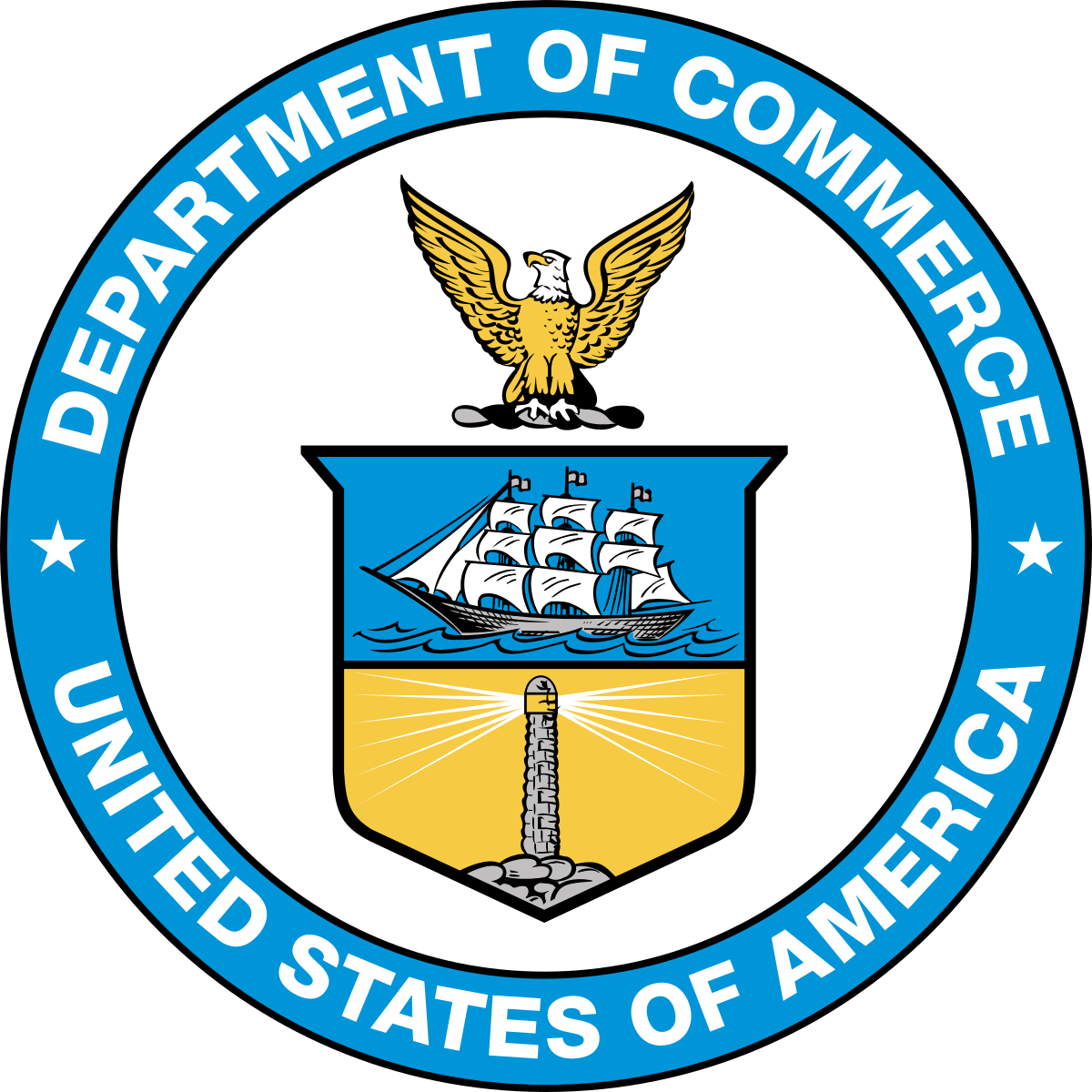Nuclear Reactors 697 - U.S. Government Debating Creating Quotas For Import Of Foreign Uranium - Part 1 of 3 Parts
Part 1 of 3 Parts
In January 2018, Ur-Energy USA and Energy Fuel Resources, two uranium mining companies, filed a complaint with the federal government to the effect that imports of foreign uranium were threatening the domestic production of uranium with collapse. They asked the Trump administration to create a quota system which would require that a quarter of the domestic consumption of uranium be mined in the U.S.
In April of this year, the U.S. Secretary of Commerce provided a report to the President about the Commerce Department’s investigation into the impact of uranium imports on domestic production. These imports include uranium ore, uranium concentrate, uranium hexafluoride, enriched uranium and enriched uranium in fuel assemblies. The Commerce Department studied how such impacts might affect U.S. national security under Section 232 of the Trade Expansion Act of 1962. The conclusion of the report that was conveyed to the President was that foreign uranium is being imported into the U.S. in such quantities and under such circumstance as to be a threat to the national security of the U.S.
On July 12th, Trump responded to the report from the Department of Commerce in his 'Memorandum on the Effect of Uranium Imports on the National Security and Establishment of the United States Nuclear Fuel Working Group'. He said that he did “not concur at this time” with the finding of the Commerce Department. In his memorandum, he wrote, "Currently, the country imports about 93% of its commercial uranium, compared to 85.8% in 2009. The Secretary found that this figure is because of increased production by foreign state-owned enterprises, which have distorted global prices and made it more difficult for domestic mines to compete.”
“At this time, I do not concur with the Secretary's finding that uranium imports threaten to impair the national security of the United States as defined under section 232 of the Act. Although I agree that the Secretary's findings raise significant concerns regarding the impact of uranium imports on the national security with respect to domestic mining, I find that a fuller analysis of national security considerations with respect to the entire nuclear fuel supply chain is necessary at this time."
With respect to the report from the Commerce Department, Trump said that he agreed with the Commerce Secretary that the U.S. uranium production industry faces significant challenges and that it is a problem with respect to national security. He wrote, “The United States requires domestically produced uranium to satisfy Department of Defense (DOD) requirements for maintaining effective military capabilities - including nuclear fuel for the United States Navy's fleet of nuclear-powered aircraft carriers and nuclear-powered submarines, source material for nuclear weapons, and other functions. Domestic mining, milling, and conversion of uranium, however, while significant, are only a part of the nuclear supply chain necessary for national security, including DOD needs.”
On the 29th of June in 2007, Trump announced an initiative to revise and expand the nuclear market sector. He directed a complete review of the U.S. nuclear energy policy to “to help find new ways to revitalize this crucial energy resource”. In the Memorandum, he ordered the Assistant to the President for National Security Affairs and the Assistant to the President for Economic Policy to establish a United States Nuclear Fuel Working Group. This group was charged with drafting recommendations for reviving and expanding domestic nuclear fuel production.
Please read Part 2
